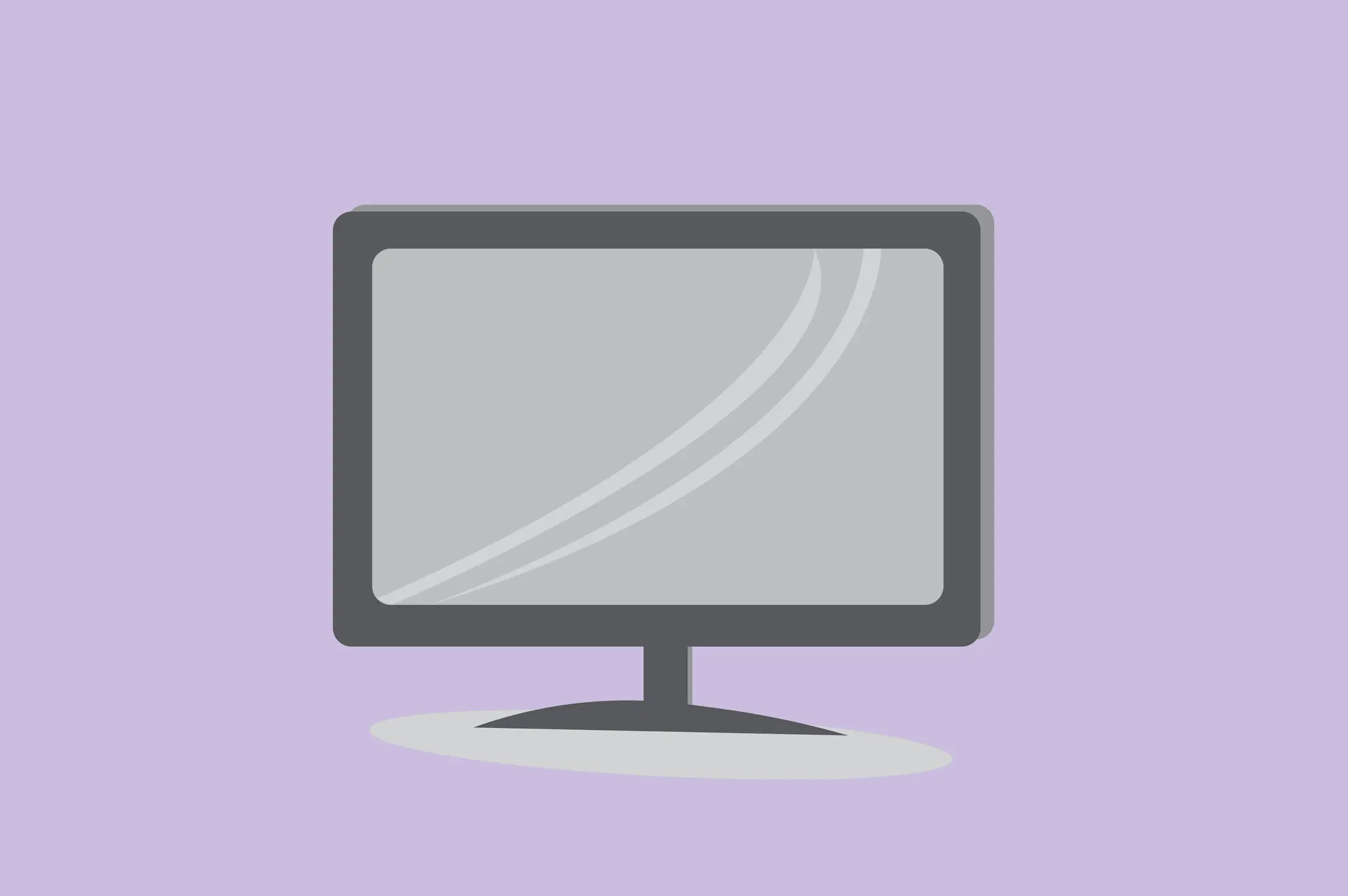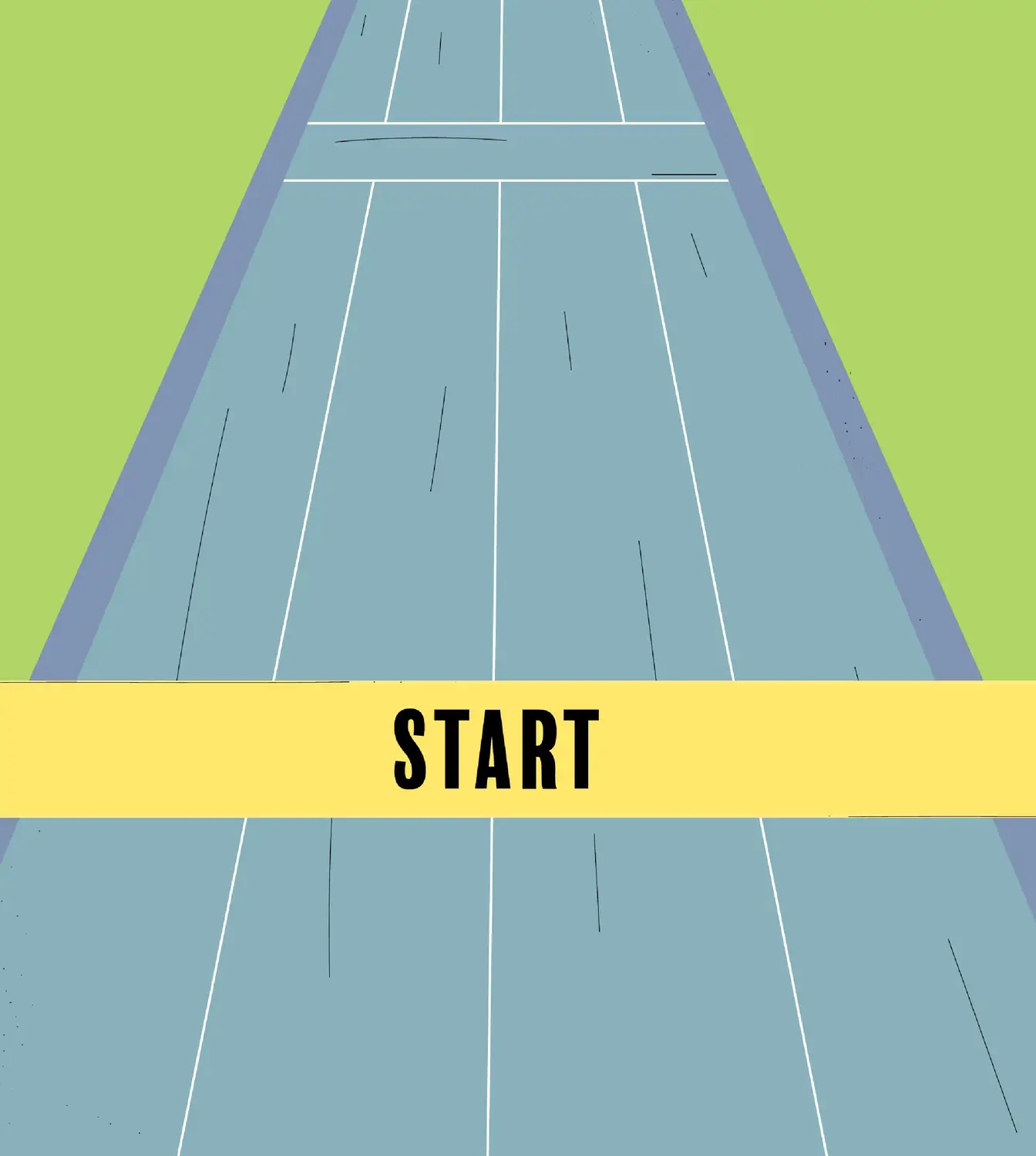Today’s headlines about anti-Asian-American and Pacific Islander (AAPI) violence and hatred have turned the national conversation, once again, towards race and racism. Many parents, teachers and others who work with children are seeking support in addressing these important topics with children, and further, ensuring that no harm is done to Black, Indigenous, People of Color (BIPOC) communities in the process.
To assist with these conversations, we would like to share some previous resources from other times we have addressed race and racism over the years. Feel free to click the links below for more on each of these topics.

When Kids Make Racist Comments
There’s nothing quite as upsetting or challenging as a child making a racist comment. Sometimes it’s a seemingly innocuous comment, a they-didn’t-know-better kind of comment, and other times it is a deep, hurtful comment meant to tear another person down. Both are challenging to manage correctly.
When a child makes a racist comment, there are a few questions we need to ask ourselves:
1) Do they know that the comment is racist?
2) Where did the comment come from?

When Bad Things Happen in the News
As a parent myself, I can attest to how tricky this one is. What do I tell my child when bad things happen in the news? How much is too much? Will he be afraid? Should I not say anything?
Many parents want to protect their children and maintain their innocence as long as possible and trust me – I understand that feeling. But when bad things happen in the news, we do have to think about whether we should say something. Both children and adolescents (as well as adults), create stories to help make meaning of events and situations that happen, whether good or bad. Given this, if we as parents choose not to talk to our children, and instead keep silent , we might be missing the opportunity to have our voice as part of the story in our child’s head.

While most professionals who work with kids believe that they are genuinely accepting of all and nonjudgmental, studies show that most people have hidden or implicit biases that shape how we feel and behave. The thing about implicit biases is that we don’t always notice that we have them. It’s not overt racism, like believing that one race is superior or that all people of a certain race are inferior. But it’s there all the same. It doesn’t matter what background we come from, our racial identity, how our parents raised us, what type of community we grew up in, we all carry prejudices and biases.
Share with
Related Resources